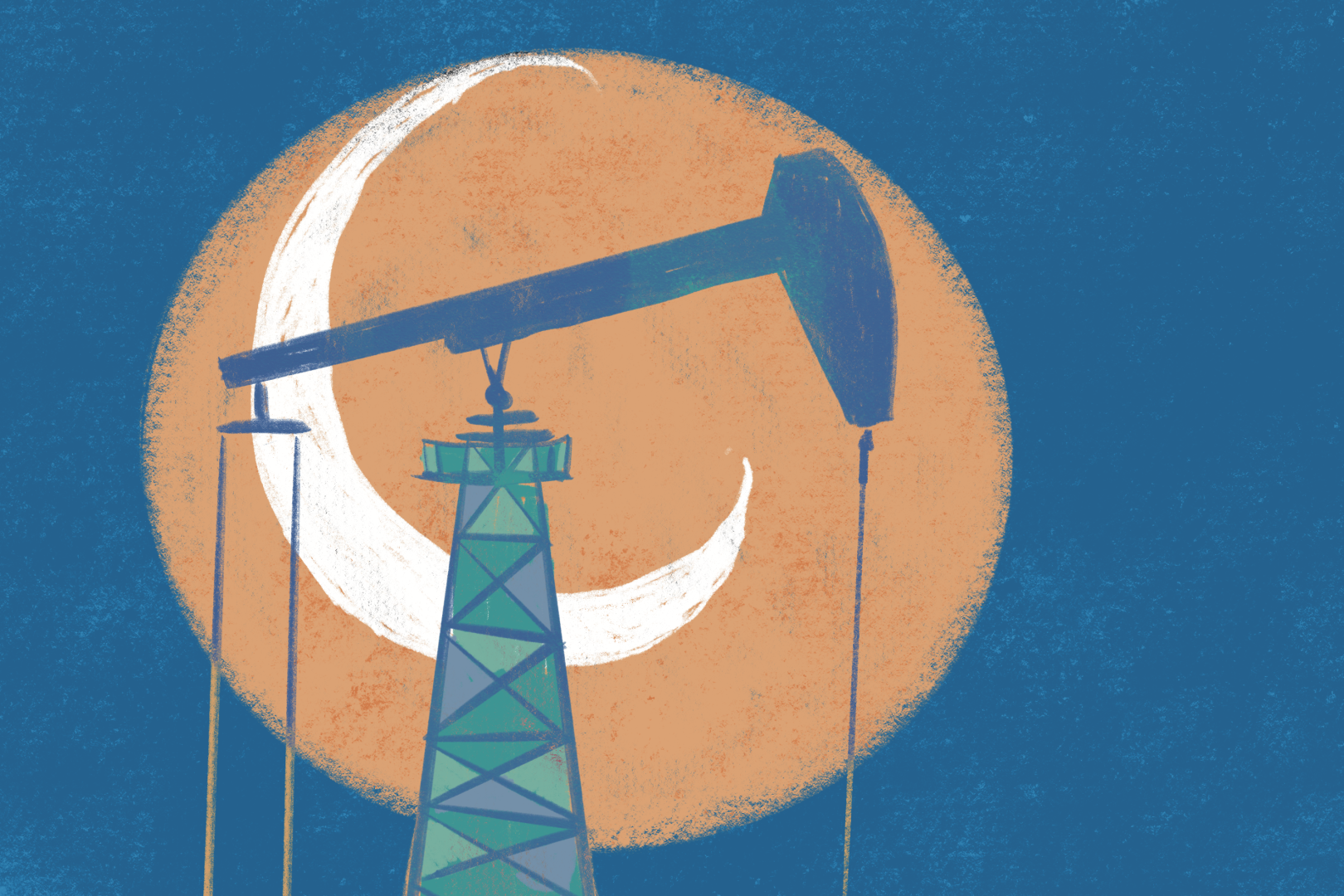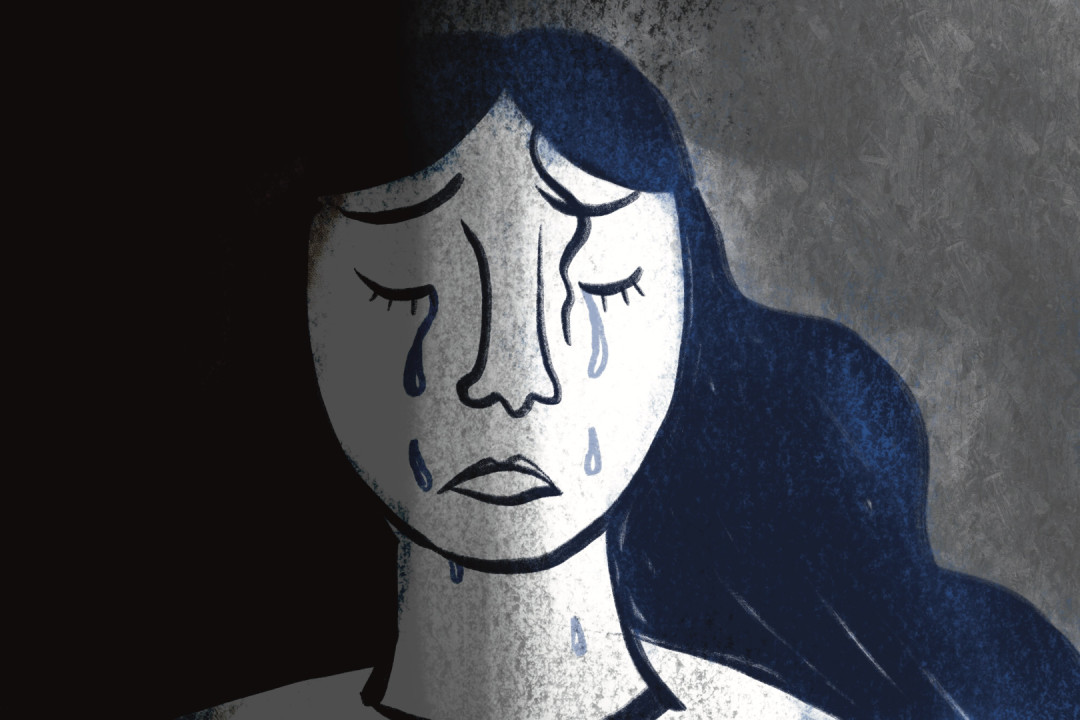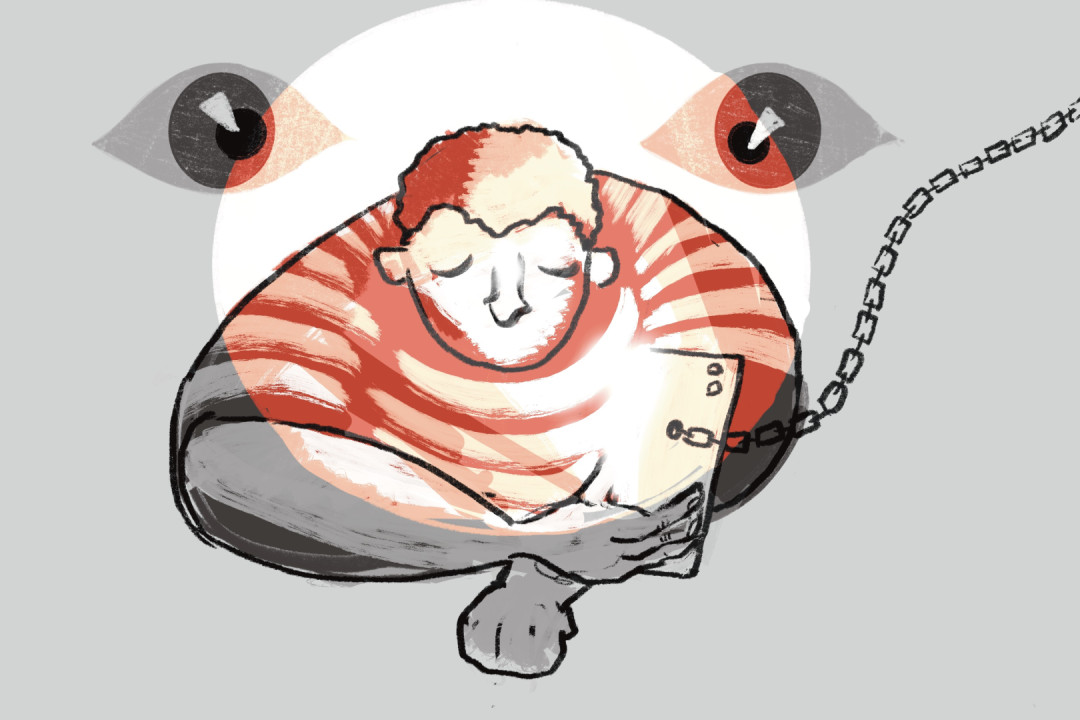
Divisions of a Division - Middle East
By: Ali Hazim
Aresponse to Regional Security in the Middle East: Sectors, Variables, and Issues
E-INTERNATIONAL RELATIONS PUBLISHING
The concept of security may give the idea of “military-affiliation”, but, security is a broad concept where other variables are also impactful. The complexities of understanding and defining security problems in the Middle East are due to historical rivalry, radical religious views, conflicting-interests, cultural clashes, and recently we have seen water scarcity, which will, if not is already, escalating conflict. Pin-pointing a specific reason for every security matter in the ME is very difficult but, as illustrated in the book (Regional Security in the Middle East: Sectors, Variables, and Issues), certain approaches have been named to better understand and study the situation in the ME.
Bettina Koch and Yannis A. Stivachtis bring forth the dynamics and structure of security in the Middle East in three bases: first, identifying threats in a diverse concept political, societal, economic, and environmental security in an interlinked and integrative manner. Second, the impact of variables such as environment, demography, resources, migration, and technology. Third, on political issues and securitization. The lack of implementation of human rights leads to affiliation with violent non-state actors, comprising a threat to the region's entirety. Humanitarian crises in a country affects other countries causing mass migration, the overconsumption of resources and inflation in host countries leading to civil wars, poverty, destabilization of governments, and eventually resulting in conflict where domestic violence becomes a regional issue.
The Middle East has a strategic position which has been the reason for interest and intervention of great powers. Religious issues aside, the discovery of oil in the region has had a role in causing instability between the powers in the region such as Saudi Arabia & Iran, affecting the region in whole. The Organization of Petroleum Exporting Countries (OPEC) is dominated by Middle Eastern countries and this has made the region a theater of global politics. Political security is securing national identity, organizing ideology, and institutions are goals of political security. Societal security aims to sustain traditional patterns of language, culture, religion, ethnic, identity, etc. threats that come from within a state rather than outside. Economic security is the drive of a state and if not secured long-term, a state is weakened and unstable in internal issues of employment and other external in other state actions that cause material loss. Environmental security is crucial to a state's physical base and national security. Threats such as climate change resulting in water shortage, resource scarcity, pollution, etc. can cause conflict within and between states. These conflicts are viewed from various points such as individual, societal, national, regional, and global.
Regional Security Complex Theory looks at global security from a regional perspective, focusing on a group of states with mutual interest, security, and geographical proximity. According to this theory, regions are constructed by enmity, relations conditioned by fear and suspicion & amity, friendships with expectations of protection and support. By Barry Buzan and Wæver.
Most like Michael Yaffe believe that these sub-regional systems’ formation has served for the better in their function, but their emergence seems to be contradictory to the claim of having fulfilled the needs of securing the Middle East or even the individual member countries. The question remains, and is there a need for a pan-regional system, collective approach and consideration of threats by all existing parties or countries to be established?
Adding to the regionalization process, the sub-regions (the Arab Maghreb Union, (AMU) the Gulf Council Cooperation and the Quartet Cooperation Council) are divisions within a large region based on the cooperation of states, there are also pan-regions where a collection of states’ influence goes beyond territorial borders or even an issue can obligate states to act in a manner that would be considered as a pan-regional system such as the Arab-spring was considered an issue for all Arab countries.
The AMU includes Algeria, Libya, Mauritania, Morocco, and Tunisia was initiated in 1989 to counterbalance the European community in matters of movement of goods, services and to establish cultural cooperation. It has not integrated as expected. The GCC was created as a response to security crises like Iranian revolution 1978-79, Iraq-Iran war 1980-88, Gulf War 1990-91, and US invasion of Iraq. The aforementioned have been the reason for their lasting partnership with bases of geography, political systems based on religion, and common aims. Reasons that prevent the establishing a pan-regional system are include ill-belief in its success as many country leaders are not confident that current situations can be resolved with mere discussions i.e. (Turkey’s view on Israel & Palestine case,history, religious views, political and even societal that have started to turn the Arab societies against Israel), disunity in ideology, no compromise in sovereignty, and fear of political & societal issues on rise. Pan-region attempts have been indirectly done. Just like the Cold war’s contest for influence in political ideologies, it is believed by the sunni-muslim countries that this widespread of Shiite is an attempt by Iran to build-up ideological chains within governments such as Iraq, Lebanon, Syria, Bahrain, Yemen, Kuwait, UAE etc which will cause a reaction of other regional powers such as Turkey and Saudi Arabia to react by decisions based on enmity and end the consideration for Pan-regional system. Even the violent non-state actors are militias funded and supported by interested parties who fight in religious, societal, and political names’ ideals to justify actions, this is of course due to the absence of unity and order to contain such situations.
All in all, the Middle East is still in its developing phase. Despite all the advancements in technology, the Middle East remains an arena for political and security-based manipulation in by global powers such as the USA, Russia, and China. The consequences of not cooperating internally in the region has led to economic degradation, unemployment, social instability, political tension, crime and threats to security as a whole. Sub-regional system formations have not completely secured on aspect on security in which has been in their aim to do so and the regional power’s unwillingness will leave the Middle East prone to external influence until realization to take a collective and gradual approach towards their goals and interests helping to establish stability, efficiency, law, and order.
Source:
Koch, B. and Stivachtis, Y., 2019. Regional security in the Middle East. Regional Security in the Middle East Sectors, Variables and Issues by BETTINA KOCH YANNIS A. STIVACHTIS Ed.pdf





